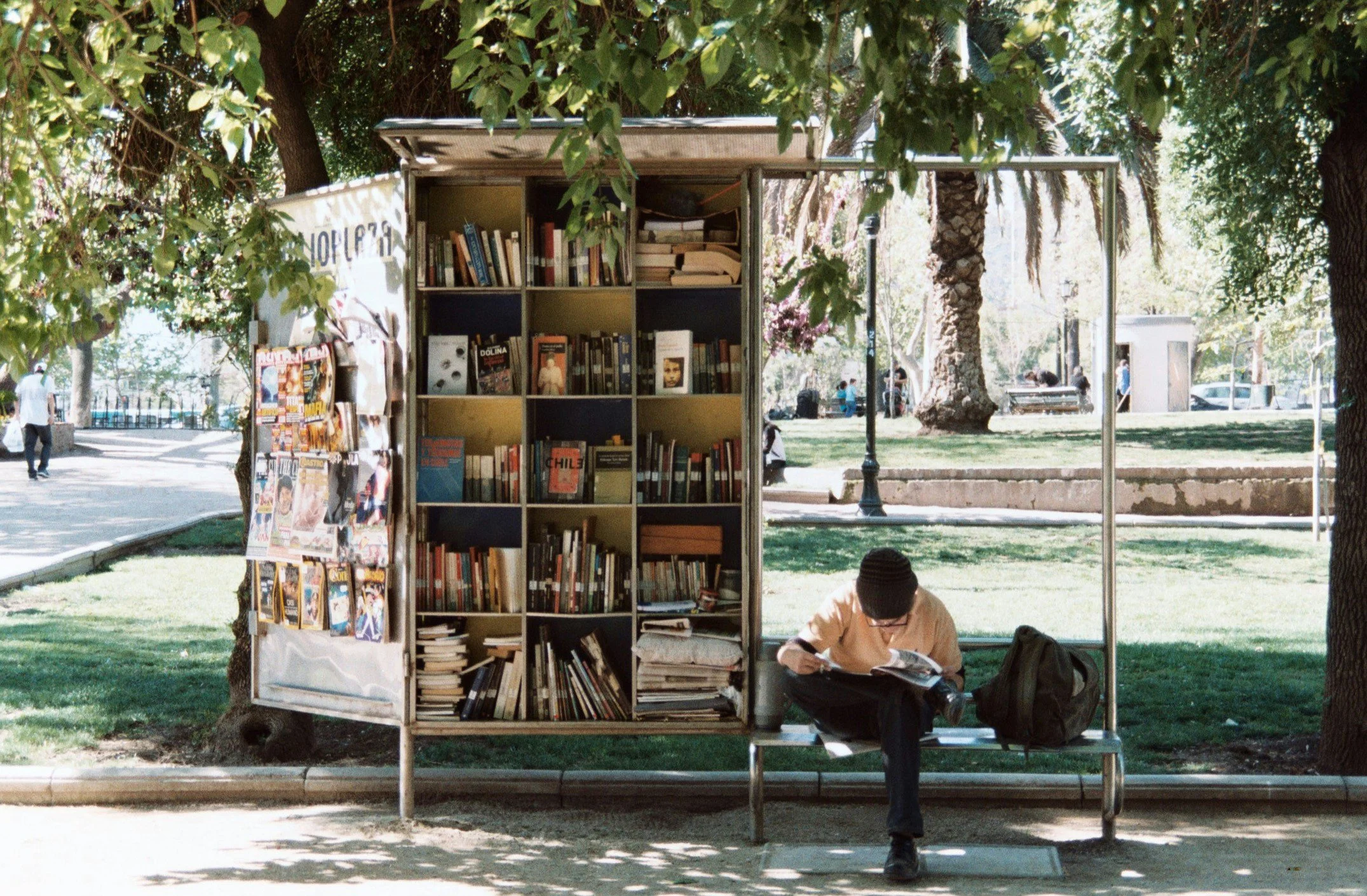
Why take an experiential approach to the Novel?
Knowledge
The academic settings in which novels are studied and taught continue to be organized around the paradigm of knowledge; in fact, contemporary novels made it into the academic curriculum only under the condition that they be studied as objects of philology and as purveyors of historical knowledge or national identity. The experience of reading, singular and divers as it is, does not fit this model of disembodied, objective knowledge.
Emotions, Affect & Experience
A second, connected, reason for the muting of experience is its identification with emotions, affect, feelings, intimacy, etc. We do not want our conversations about novels - scholarly, pedagogical, or otherwise – to devolve into a fruitless exchange of private opinion. But the identification of experience with private, inarticulate feelings is itself the result of centuries of silencing experience and excluding it from the discourse of knowledge. Our call for an articulation of our reading experiences is therefore also a call to revitalize the language of experience.

What is experience?
Most radically conceived, experience is an evolving relation of multiple poles – affective, cognitive, environmental, physiological, material - at the end of which an individual experiencer and a circumscribed experience may (or may not) emerge. Falling in love, biological evolution, bringing up a child are examples of experiences that would be – and are – seriously distorted by saying that a subject ‘has’ them, or that there is a stable object that is being experienced. Experiences often have a fuzzy beginning and an equally undetermined end to them; only viewed from our retrospective human viewpoint can they make sense, and be integrated in, and shape, other experiences. Most experiences have for us become routine and we do no longer notice them as such; but at their most profound, they disturb, sometimes dissolve, and almost always change us.
What is reading?
This is what authentic immersive reading is, or should be: a disturbing, unsettling, exhilarating experience. Recent research in the function of literary form and the history of media has shown how books (or their digital equivalent) read us: how they draw us in, confound or satisfy our expectations, entertain, frustrate, move, and change us. We give our identities up in the immersion of reading until we come up again for the air of our daily lives, sometimes imperceptibly, sometimes deeply changed. About this change we want to hear and read accounts.
Why novels?
Reading novels and novelistic narratives is a paradigmatic experience both because of its duration and because in the modern novel we are reading about characters who make experiences that disturb, exhilarate, or shatter them; experiences that they often misunderstand and that we, mixing our daily selves with theirs, understand “for them”. The experience of reading is fueled by the reading of experience; it allows us to give up our selves and, for its duration, have the experience of another.
Academic blockage
For academic or professional readers, access to the experiential dimension of reading is often blocked. We read for projects, for teaching, for novelty, for confirmation - we read primarily to know. And of course, all of these intentions are necessary and important, and no responsible engagement with literature can be without them. But by neglecting the experience of reading we are neglecting an area in which speaking about literature can make a real contribution to our civic lives. For when we are speaking about our reading experiences we are experiencing diversity.
Diversity
Every experience is singular – strictly speaking, it is not even “my” experience because “I” change in this singular, evolving constellation of subjective and objective factors. Articulating this constellation is a difficult task, not least because we are so used to describe our experiences in the shorthand of feelings. Feelings can be dismissed or even disputed, but an authentic experience cannot. Just as I accept, for the duration of my reading, the otherness of a character’s experience in a novel so I must accept your reading experience as authentic, yet other than mine. This diversity and novelty of experience comes before any agreement in judgments and interpretations we may reach. Encouraging the articulation of this diversity – accepting disagreement, supporting each other in our grasping for language – is the single most important contribution the study of literature can make to academic and civic discourse.
Writing Reading
Where then is this writing about the experience of reading? There are instances and traces here and there, most of them in novels that describe how their characters are transformed by reading and how they struggle to share their experience. There are critics and writers, from Stanley Cavell to Hélène Cixous and Claudia Rankine, who give us access to their reading experiences. For some time now, feminist and anti-racist literary criticism has insisted on including readers’ positionality, if not their experiences, into the discourse on literature. But on the whole, a diverse, experience-based corpus of writing has yet to be created.
A new kind of forum.
This is what we want to do with this forum - capture the novelty of reading experiences. We want to invite readers – academic or not – to experiment with writing about and sharing their experiences. We want to build an archive of syllabi and teaching experiences that would help us integrate the diversity of experiences in the classroom and in the lecture hall. We would like to hear from academic colleagues about how they integrate experience into the curriculum and how they evaluate it. We would like to build a library of published criticism that has articulated experience. And we would like to serve as a network to connect scholars, teachers, and readers who are interested in bringing the novelty of reading experience to the fore.
How you can contribute
You can submit an original piece of writing to our blog.
You can share your experience-focused syllabi and in-class practices
You can share your experiences as a reviewer
You can add to our library of published experience-focused writing
You can engage in dialogue with other writers and readers
For questions, suggestions, and submissions, please get in touch with hms1@colorado.edu



